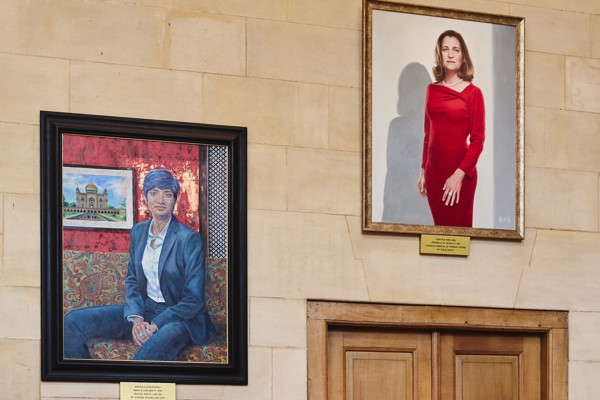Cecil Rhodes’s will of 1902 limited the Scholarships to ‘male students’ only. Although women had been admitted to study in Oxford from 1878, their numbers were small and they were not allowed to take the degrees they had earned until 1920.
The question of admitting women to the Scholarships was raised from time to time in those early years, but the Trustees remained cautious, not least because the vast majority of Oxford’s colleges remained only for men. Calls for women to be admitted to the Scholarships continued to grow, not least from US universities. The Trust attempted a compromise by establishing a programme of Rhodes Visiting Fellowships for women and the first Rhodes Visiting Fellow, Susan Kippax (Rhodes Visiting Fellow & Lady Margaret Hall 1970), arrived in Oxford in 1970.
A confluence of events in the 1970s finally brought the question of women and the Rhodes Scholarships to a head.
In 1972, Eileen Lach from the University of Minnesota applied for a Rhodes Scholarship and was interviewed in the first round but, despite being a superb candidate, was denied an interview at the next level. The case was picked up by the press and led to a wider debate. In Oxford, Rhodes Scholars in Residence voted by almost ten to one for the admission of women.

